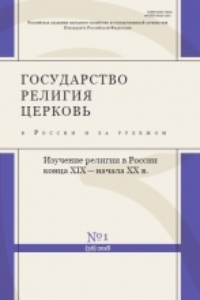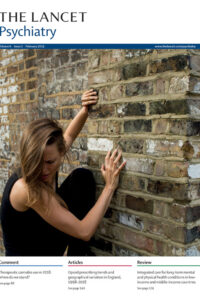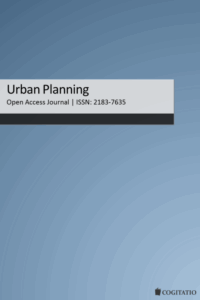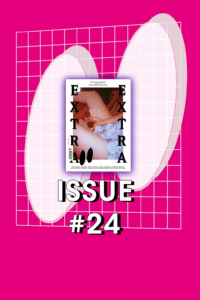Abstract
This paper is the critical comment of a Russian Islamicist on the recent issue of the journal State, Religion and Church in Russia and Worldwide devoted to the interdisciplinary study of contemporary Islam in Russia and abroad. Based on his rich experience of archival and fieldwork among the Muslims in Russia’s North Caucasus, the author discusses the strengths and weaknesses of contemporary scholarship on Islamic reformation. He focuses on current academic narratives and languages of analytical description, which he argues exaggerate the topics of resistance, modernization and the reformation of Muslim societies. These themes do not exhaust the diversity of problems related to Islam in the modern context. Moreover, they were approached using misleading conceptions dating back to the colonial and Cold War periods. The author argues that the narrative of Islamic reformation proposed by Irina Starodubrovskaya is inappropriate to the study of contemporary Muslim societies. It failed to establish interdisciplinary dialogue and was rejected by most experts. Instead, he suggests seeking alternative and less essentialist explanatory models that pay more attention to Muslims as active actors in the globalized modern world, as well as their religious discourses, practices, and social networks.




